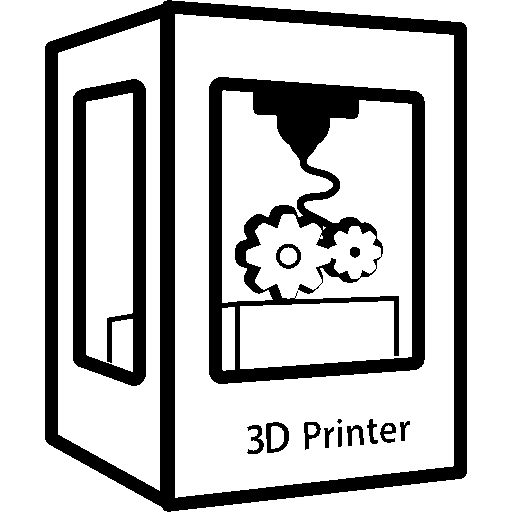

Journey is good.
Rime is a good (but emotional) story.


Journey is good.
Rime is a good (but emotional) story.


Right. And if you’re going to do it at least do it right.
At least make his tie grumpy cat, or Harambe.


Wouldn’t this be equally offset by the increase in inertia from their masses?


Looks like a doable design for 3d printing. Assuming you don’t mind having plastic digging into your feet.
Looks like they actually do make some of these weird designs. Hilarious.


One thing to consider. When the stocks that are part of a mutual fund drop… then your retirement contributions will be buying them on sale.
Assuming the mutual funds are spread out to minimize risk (1 of the funds companies folds, etc) overall you’ll be better off long term.
As you age you’ll start moving your investments to more stable options (talk to a financial adviser on the specifics for your plans). This way they that won’t benefit from huge gains but also are a lot less likely to be wiped out by massive drops.
In the meantime look at how your funds are doing over time. Not even year to year but maybe every 2 or 3 years.


Sounds like the perfect thing to test and iterate and then use that to have something machined in metal.
Of course with some stronger materials it may be fine. But how resilient will the belts be from the tension/stress and is there any risk of injury when they snap?


Yeah… I’m an idiot


Cool. Now do quantum bits so that they’re all simultaneously calculated. Wait… don’t


Or the router, in another state, and the person with access to the closet/server room knows how to push a few buttons at best.
That happens once… and you get misconfigophobia for life.
Fine, I’ll do it myself
-Thelectron
In what topsy-turvy upside down world do you live?
Klipper is a different beast but once you get it going it’s leaps and bounds ahead.
No more compiling and editing firmware. Since the Klipper firmware itself is built and deployed to the board so the logic of what features, pins, etc can be controlled by your pi.
E.g. the board is no longer the “brains” of the printer but the brain stem. Where the brain (the pi) tells it on pin A “tell this stepper motor to turn this”, on pin J “tell the heater to cycle on” etc.
Basically you download Klipper, look at a printer.cfg for the board you have, and then just use that as a starting point.
Here’s the generic printer.cfg for your new board
https://github.com/Klipper3d/klipper/blob/master/config/generic-creality-v4.2.7.cfg
The real power comes from having the option to use macros for things like START_PRINT and END_PRINT.
For example, when I added a Nevermore fan on an skr mini e3v3 board I just had to wire it, find the “pins for the plug” on the board and then add the necessary config change.
Didn’t work? Comment it out and restart firmware and you’re no worse than it not being there. Adjust, restart, and go.
So where I’d avoid a marlin update because of the hassle of building and updating I now just check for updates, ssh in and build it with a command and update the board over USB.
And that’s just to update the Klipper firmware on the board for whatever fixes/changes are needed for Klipper. For things like new macros or existing items changed around you just update the config and “restart” and it does the rest.
The only thing that you lose with an ender is the screen. Their screens aren’t dumb… they have their own weird firmware. Personally I just use the website and now the moonraker mobile app to control everything and I don’t bother with a screen at all.


It may be easier to supply DC power directly to the soldering joints (at the right values after the converter) or even replacing that one component as using the jack itself.


The hassle and delay is part of how it works. If there was a seamless catch all then it wouldn’t be feasible to make it secure.
Having a second physical factor, as much as it can be a hassle, is much better than any single factor.
Your password can be breached, brute forced, bypassed if there’s an issue somewhere.
Your biometrics can’t be changed so anything that breaks them (such as the breach of finger prints in databases, etc) makes them moot.
A single physical token can be stolen and/or potentially cloned by some attack in physical proximity (or breach of an upstream certificate authority)
But doing multiple of those at the same time. That’s inordinately much harder to do.
I will say the point/gist of the article is a good one. The variety of types some used here and others used there does make it a hassle to try to wrangle all the various accounts/logins. Especially in their corporate and managed deployment which isn’t saving passwords and has a explicit expiration of credential cache (all good things)
So… they agitate material using sound to increase the volume of chemicals to smell?
Clever little Airbenders


A bunch of tiny lightbulbs that use twisted light and quantum mechanics to turn on or off.


Right. It looks so smooth.
Speed tape. Very expensive but basically helps with drag and isn’t structural.